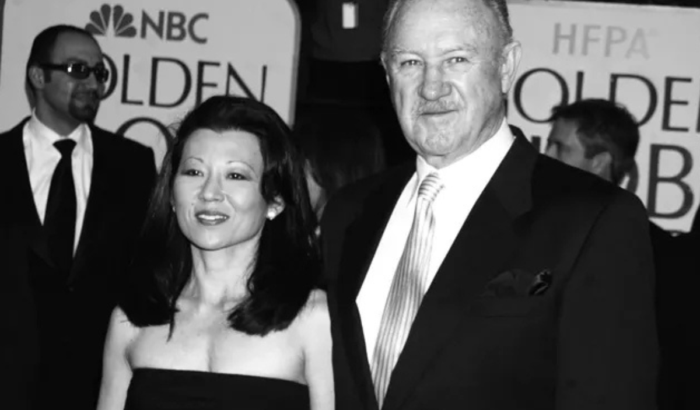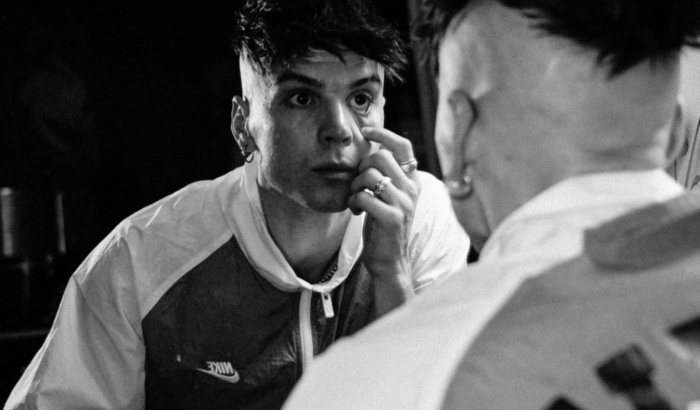An audience with marketing maestro Rory Sutherland
We recently sat down to hear Rory Sutherland share his wisdom. If you’ve not heard of Rory, he’s widely held as an advertising legend. He’s the Vice-Chairman of Ogilvy and founded their behavioural science practice.
As a healthcare marketing agency who holds the mantra ‘mindset matters’, we were particularly interested to hear what insights Rory might share about the interaction between customer psychology and clients’ marketing.
He was in town to talk about his latest book, Alchemy: The Surprising Power of Ideas that Don’t Make Sense, which we were fortunate enough to walk away with a copy of.
The book’s argument flies in the face of a commonly-held marketing belief and practice: that campaigns need to be built around factual, rational insights. Because we are rational animals. Right?
Well, not quite.
Behaviour change in healthcare marketing
Emotion vs. rationality
Rory’s talk revolved around the idea that, actually, much of our human behaviour doesn’t make a lot of sense. We make irrational decisions far more than we might like to think. Our ‘monkey brain’ likes to thwart our attempts to act in measured, logical ways.
The audience erupted into laughter time and again, as Rory gave plentiful relatable examples of our odd behaviours and preferences.
One case in point that we enjoyed was about queuing. Following logic and reason, the factor that dictates our queueing experience should be the length of time we spend in said queue.
Actually, studies show that’s not true. Our satisfaction is more closely correlated with ‘less important’ factors such as the speed we are moving, whether or not we can see the front, and whether or not we know how long we are going to be waiting.
Some brands get it right
Uber knows this information and used it cleverly. Instead of trying to reduce wait times, they thought outside the box and embedded a tracker map into the app instead. It turns out people are happier about waiting 10 minutes while tracking the car, than wait 6 minutes without a tracker. Our ‘monkey brains’ are wired to hate uncertainty more than waiting.
Nurofen also knows what they’re doing. Not only do they use red pills, which are proven to have a more powerful effect than other colours, they also split their painkiller into a range – for periods, aches and pains, and headaches. While the products are almost chemically identical, they sell well. Why? Because an expensive, red, and specifically branded painkiller does work better. We unconsciously put more faith into it, which moderates our body’s response to the drug.
Many criticised Nurofen for this marketing decision, claiming it was dishonest and ripping people off. But we actually support their decision – if sub-dividing their painkillers makes them work better through placebo, surely that can’t be a bad thing? Sometimes we don’t have a 50p headache, we have a £3.50 headache!
Some brands miss a trick
Other brands rule by sound logic only and miss the point completely.
Take the Kindle. It is objectively a smarter choice. It is lightweight and can store many, many books. Digital formats mean less wastage. It’s better for travelling, and cheaper than buying paper copies long-term. You can also adjust font size and brightness, making it very accessible.
But the fact of the matter is, physical book sales are better than ever.
This is because Kindle failed to realise that people have a strong emotional connection with books. Their smell, the tactile interaction, childhood memories of bedtime stories all imbue books with intangible value. Physical books make perfect gifts. Kindle books? Don’t work for gifting. Once again, our emotions overrule our logic.
In Rory’s words, “We get a lot of things wrong because we don’t understand what they’re really for.” Indeed.
So what does this mean for marketing?
It probably means that our slavish pursuit of products and campaigns that follow rational assumptions about your target audience is misguided.
Instead, Rory campaigns for more nonsensical ideas. Ones that catch us right in the feels – whether we’re laughing, crying or even momentarily stunned. Ones that use unusual framing to make us take a fresh look at the world.
After all, “Appealing to the emotions of decision making isn’t cheating and it does work.”
The ‘monkey-brained’ marketing – that talks to parts of our decision-making we like to ignore – is the stuff that triumphs. As a healthcare marketing agency, just like Rory, we think brands need to be a bit braver in embracing this.






